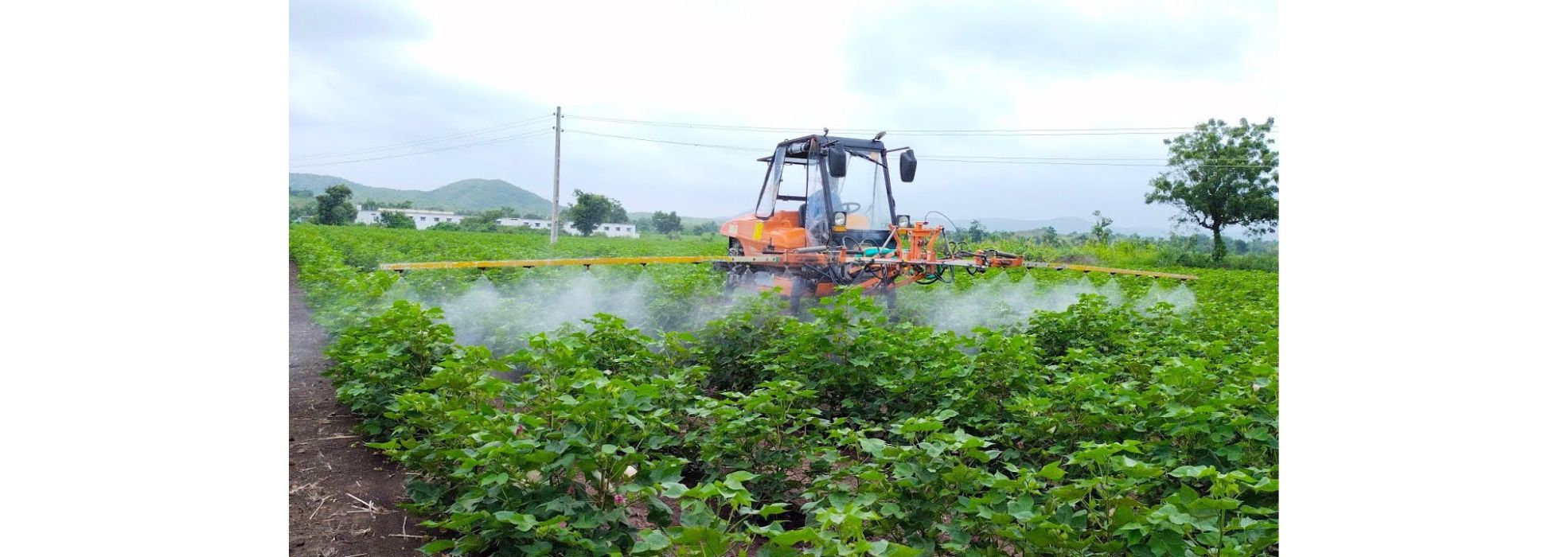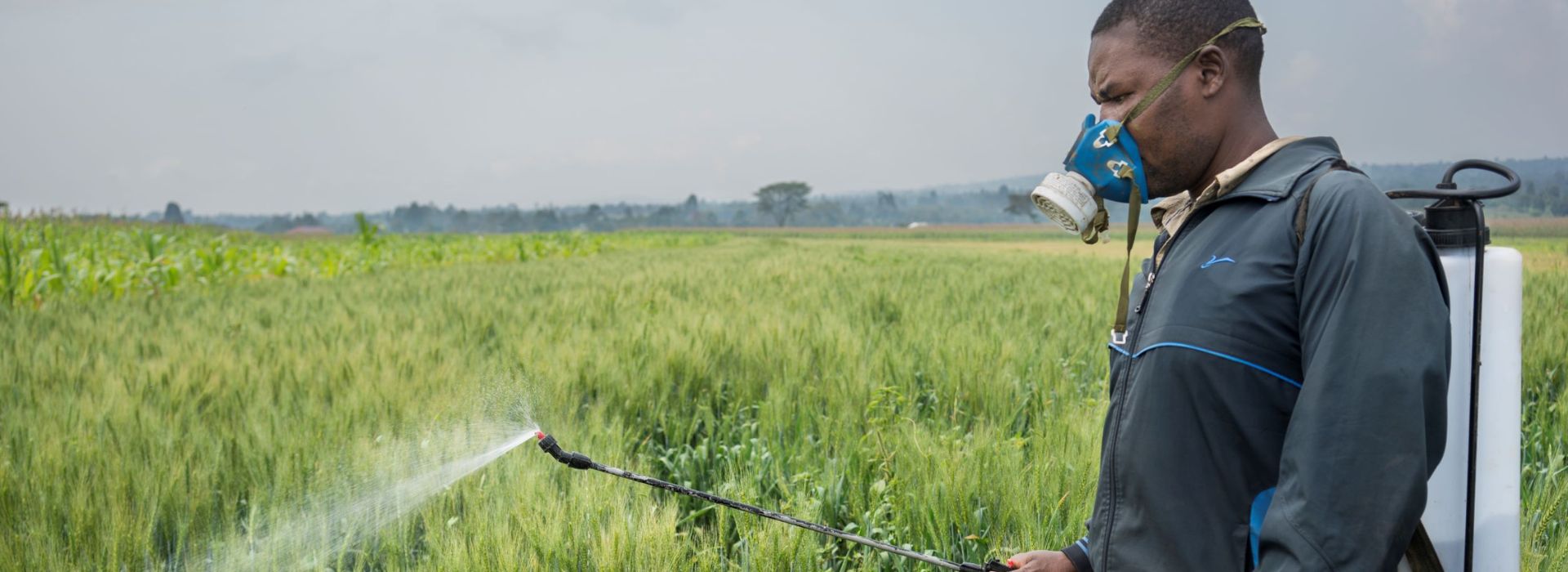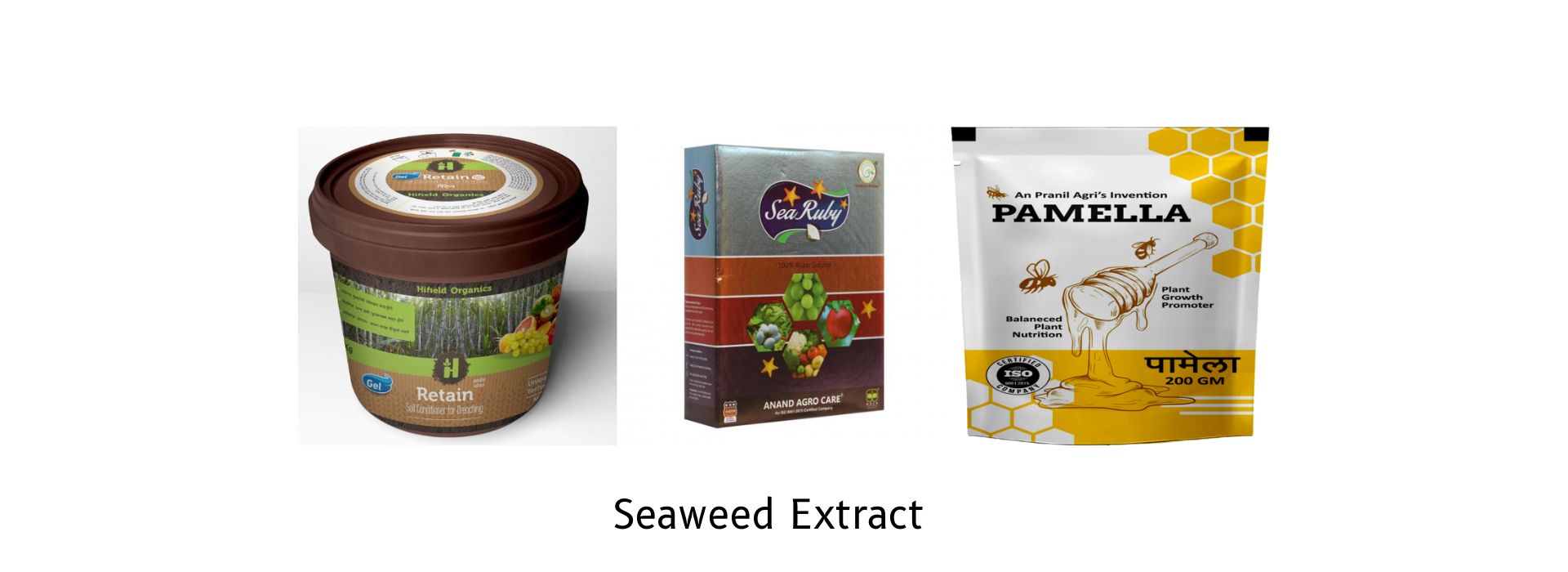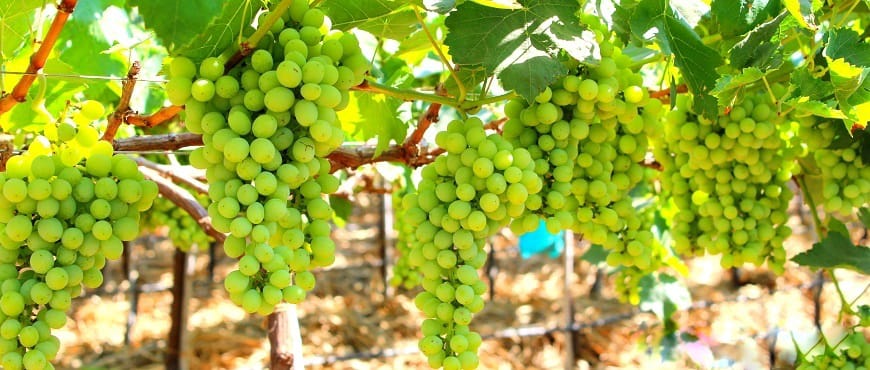Harnessing the Power of Bio-Pesticides for Cotton Crop Protection
June 4, 2024Cotton is a vital cash crop
globally, playing a significant role in the textile industry. However, it is
highly susceptible to a variety of pests, which can severely impact yield and
quality. Traditionally, synthetic chemical pesticides have been used to combat
these pests. While effective, they bring along environmental and health
concerns. Enter bio-pesticides: eco-friendly, sustainable alternatives that are
making waves in the agricultural sector. This blog delves into the uses and
benefits of bio-pesticides for cotton crops.
Click Here for Best QualityBio-Pesticides
Understanding Bio-Pesticides
Bio-pesticides are derived from
natural materials such as animals, plants, bacteria, and certain minerals. They
include:
1. Microbial Pesticides: Consists
of microorganisms (bacteria, fungi, viruses) that target specific pests.
2. Plant-incorporated protectants
(PIPs): Plants genetically engineered to produce pest-resistant substances.
3. Biochemical Pesticides:
Natural substances that control pests by non-toxic mechanisms, such as
pheromones that interfere with mating.
Common Pests in Cotton
Cultivation
Cotton crops are plagued by
various pests, including:
• Bollworms: Pink, American, and
spiny bollworms can cause significant damage to cotton bolls.
• Aphids: Sap-sucking insects
that weaken the plant and transmit diseases.
• Whiteflies: These pests suck
sap and excrete honeydew, leading to sooty mold.
• Thrips and Mites: Damage
leaves, affecting photosynthesis and overall plant health.
Benefits of Using Bio-Pesticides
for Cotton
1. Eco-Friendly: Bio-pesticides
are biodegradable and pose minimal risk to the environment, ensuring soil and
water bodies remain uncontaminated.
2. Target-Specific: They often
target specific pests, reducing the likelihood of harming beneficial insects
like pollinators and natural predators of pests.
3. Reduced Resistance: Pests are
less likely to develop resistance to bio-pesticides compared to chemical
pesticides, ensuring long-term efficacy.
4. Safe for Humans: Lower
toxicity levels make bio-pesticides safer for farm workers and consumers.
Popular Bio-Pesticides for Cotton
Crops
1. Bacillus thuringiensis (Bt): A
bacterium producing proteins toxic to certain insects like bollworms. Bt
cotton, a genetically modified crop, incorporates this bacterium to naturally
resist pest attacks.
2. Neem Extracts (Azadirachtin):
Neem oil and extracts act as insect growth regulators, antifeedants, and
repellents, effective against aphids, whiteflies, and other pests.
3. Beauveria bassiana: A fungus
that infects and kills a wide range of insect pests, including whiteflies and
aphids.
4. Trichoderma spp.: Beneficial
fungi used to combat soil-borne diseases and nematodes, enhancing plant health
and resistance.
Application Strategies
1. Seed Treatment: Coating cotton
seeds with bio-pesticides like Trichoderma spp. helps in early protection
against soil-borne diseases.
2. Foliar Sprays: Regular
application of neem oil or Bacillus thuringiensis on the foliage can manage
pest populations effectively.
3. Soil Amendments: Incorporating
bio-pesticides into the soil to manage root pests and enhance soil health.
Integrated Pest Management (IPM)
For optimal results,
bio-pesticides are best used as part of an Integrated Pest Management (IPM)
strategy, which combines biological, cultural, physical, and chemical tools in
a cohesive, sustainable approach. This includes:
• Monitoring and Identification:
Regular field scouting to identify pest presence and damage.
• Threshold Levels: Applying
treatments only when pest populations exceed economic threshold levels to avoid
unnecessary applications.
• Cultural Practices: Crop
rotation, resistant varieties, and proper irrigation practices to reduce pest
incidence.
• Biological Control Agents:
Promoting natural predators and parasitoids that keep pest populations in
check.
Challenges and Future Prospects
While bio-pesticides offer
numerous benefits, challenges such as higher costs, slower action compared to
chemical pesticides, and shorter shelf life can hinder widespread adoption.
However, ongoing research and development aim to enhance their efficacy, affordability,
and ease of use.
The future of cotton crop
protection lies in sustainable practices that balance productivity with
environmental stewardship. Bio-pesticides are a critical component of this
future, offering a path to healthier crops, ecosystems, and communities.
By embracing bio-pesticides,
cotton farmers can look forward to robust yields and quality produce while
safeguarding the environment. As awareness and technology evolve, the shift
towards eco-friendly pest management solutions will continue to gain momentum,
paving the way for a greener, more sustainable agricultural landscape.
At krishibazaar.in, you can find
and buy various agricultural products. For agricultural guidance on selecting
the most suitable products for your crops, please contact or WhatsApp at
+917887880887






Guest reviews
No reviews found for this Blog